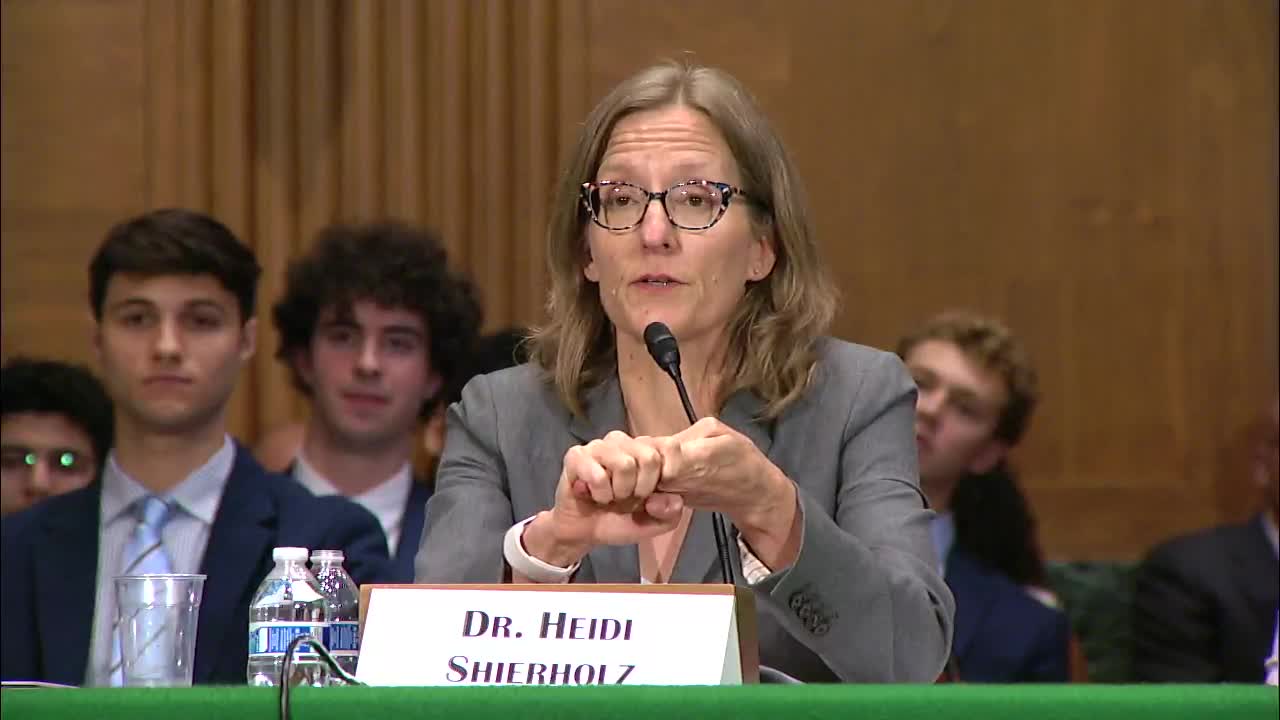Workers trapped by non compete agreements demand freedom
July 30, 2024 | Banking, Housing, and Urban Affairs: Senate Committee, Standing Committees - House & Senate, Congressional Hearings Compilation, Legislative, Federal
This article was created by AI summarizing key points discussed. AI makes mistakes, so for full details and context, please refer to the video of the full meeting. Please report any errors so we can fix them. Report an error »

During a recent government meeting, a heated discussion emerged regarding the impact of non-compete agreements on workers' rights and economic mobility. One participant expressed concerns about the objectivity of a witness, suggesting that their passionate stance may have clouded their judgment. Despite this, the participant acknowledged the importance of the witness's insights.
The conversation shifted to the staggering statistic that nearly 30 million individuals are currently bound by non-compete agreements, which restrict their ability to change jobs or start their own businesses. The participant argued that these agreements effectively \"hold workers hostage,\" presenting them with limited and often detrimental options: either remain in unsatisfactory positions or face significant personal and financial upheaval to escape these contracts.
Emphasizing the need for workers to have the freedom to pursue better opportunities, the participant criticized large corporations for using non-compete clauses to stifle competition and control the workforce. They asserted that such practices not only harm individual workers but also have broader negative implications for the economy. The meeting underscored a growing call for reform in labor practices to enhance worker mobility and promote a more competitive economic landscape.
The conversation shifted to the staggering statistic that nearly 30 million individuals are currently bound by non-compete agreements, which restrict their ability to change jobs or start their own businesses. The participant argued that these agreements effectively \"hold workers hostage,\" presenting them with limited and often detrimental options: either remain in unsatisfactory positions or face significant personal and financial upheaval to escape these contracts.
Emphasizing the need for workers to have the freedom to pursue better opportunities, the participant criticized large corporations for using non-compete clauses to stifle competition and control the workforce. They asserted that such practices not only harm individual workers but also have broader negative implications for the economy. The meeting underscored a growing call for reform in labor practices to enhance worker mobility and promote a more competitive economic landscape.
Don't Miss a Word: See the Full Meeting!
Go beyond summaries. Unlock every video, transcript, and key insight with a Founder Membership.
✓
Get instant access to full meeting videos
✓
Search and clip any phrase from complete transcripts
✓
Receive AI-powered summaries & custom alerts
✓
Enjoy lifetime, unrestricted access to government data
30-day money-back guarantee
